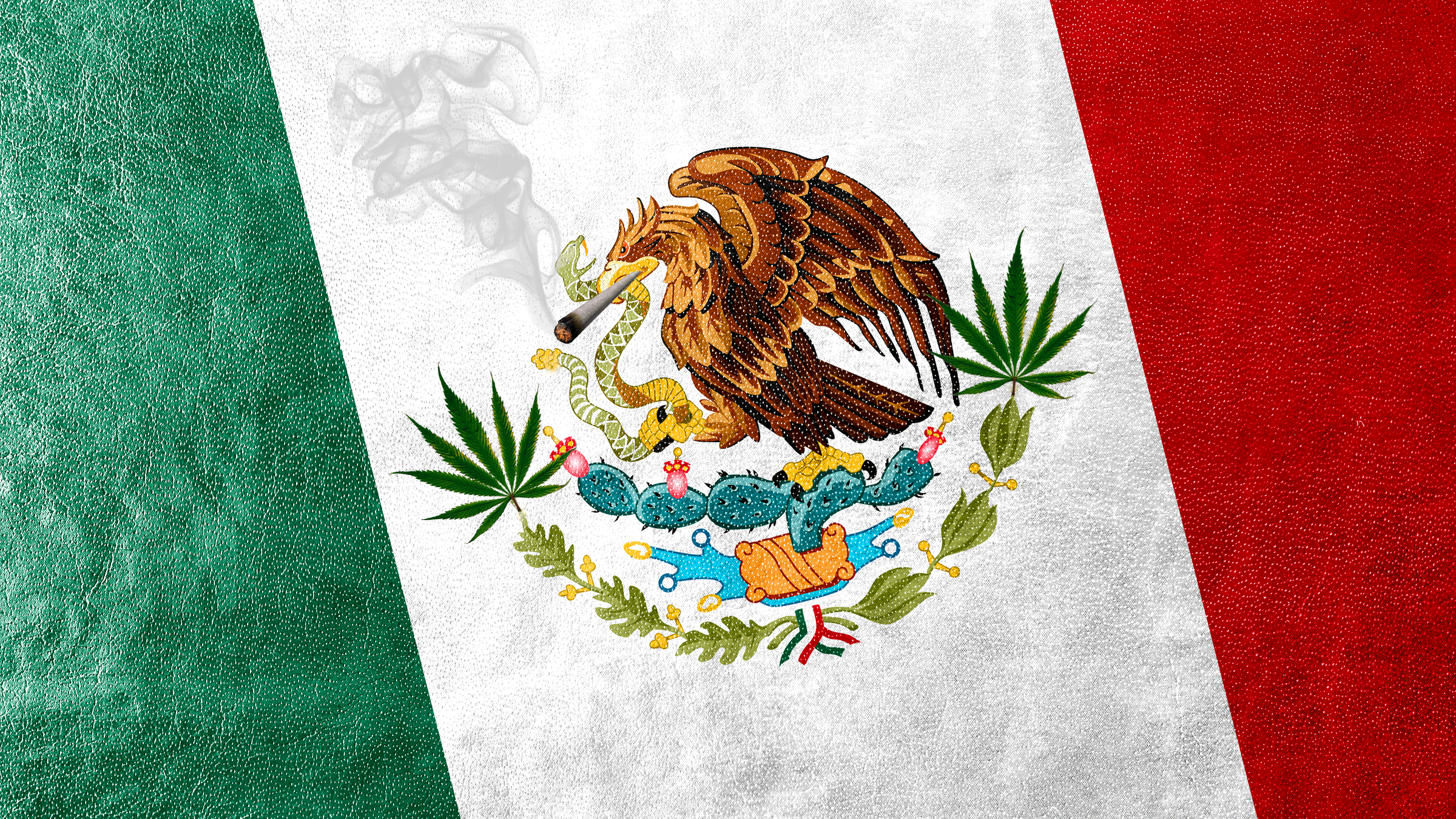Image via
Faced with the prospect of losing sales to Mexico’s new adult-use cannabis market, one of the country’s largest drug cartels is thinking about going legit.
Mexican lawmakers are currently hashing out the details of a bill to legalize taxed and regulated adult-use cannabis. Lawmakers have been working on this bill since 2018, when the country’s Supreme Court ruled that cannabis prohibition violated citizens’ constitutional rights. The court gave the legislature a one-year deadline to officially legalize weed, but debates over social justice issues, taxes, and the pandemic forced the court to keep extending the deadline.
The current deadline for legalization is now April 2021, and politicians are hopeful that they will actually be able to make this deadline. Advocates of the new adult-use law have argued that legalization will help Mexico defeat the violent drug cartels that have been terrorizing the country by offering an alternative to illegal weed. Adult-use markets in the US have already cut into cartels’ profits, and the pandemic has made drug smuggling even less profitable.
The cartels aren’t willing to go down without a fight, though. Members of the Sinaloa cartel, one of Mexico’s largest and most dangerous drug operations, hope to play a major role in the legal weed industry. Some members of the cartel are planning to start their own legal pot businesses, fronted by seemingly-legit businesspeople who actually answer to the cartels.
“The bosses are ready with lawyers and everything,” said a farmer who is growing weed for the cartel to The Daily Beast. “They have been watching closely the development of weed legalization and are ready to establish a legal business.”
Traditionally, Mexican farmers have grown pot outdoors in the daylight, producing standard-grade weed with relatively low THC content. But once Mexico passes its adult-use law, the market will be flooded with legal, tested, high-THC pot, and traditional low-potency grass won’t be able to compete. In order to keep their market share, the Sinaloa cartel has realized that it needs to up its weed game. Cartel members are now reportedly collaborating to grow new strains of powerful weed, using genetically modified crops and advanced fertilization systems.
“We are now leaving the old Mexican marijuana aside,” the farmer told The Daily Beast. “Our bosses brought new seeds from Germany for us to grow a better quality weed and ordered to start harvesting this new weed strain… We are learning. We bring the equipment from the US and most of the seeds from Europe and also from the US, like the California Dream. These new plants are more potent, they test up to 60 to 70 percent THC, as compared to the 5 or 8 percent in the Mexican one.”
To grow these new strains of weed, cartels are bringing their operations indoors. Some Sinaloa farmers are reportedly growing 50 acres worth of weed in a greenhouse stocked with modern irrigation and fertilization systems. Instead of growing out in the sun, these plants receive constant illumination from halogen lights, which are varied from cold to warm temperatures over the course of each day.
Mexico’s new adult-use bill is actually encouraging former cartel members and illegal pot farmers to get involved in the legal weed business. “What this new bill is trying to do is to have the people, groups or organizations that have participated in an illegal market, to transit into the legal market,” said Zara Snapp, co-founder of advocacy group the RIA Institute to The Daily Beast. “If there are groups trying to transition, that’s great. That’s the whole point.”
But although the cartels are looking to get a hand in the legal market, they are not exactly planning to go completely legit. By participating in legal sales, cartels stand to make millions in revenue, which they would most likely re-invest in weapons and other drugs that remain illegal.
“If these groups or organizations are still participating in illegal activities—like the use of unauthorized guns—the Mexican government has the responsibility to act against them,” Snapp explained.











